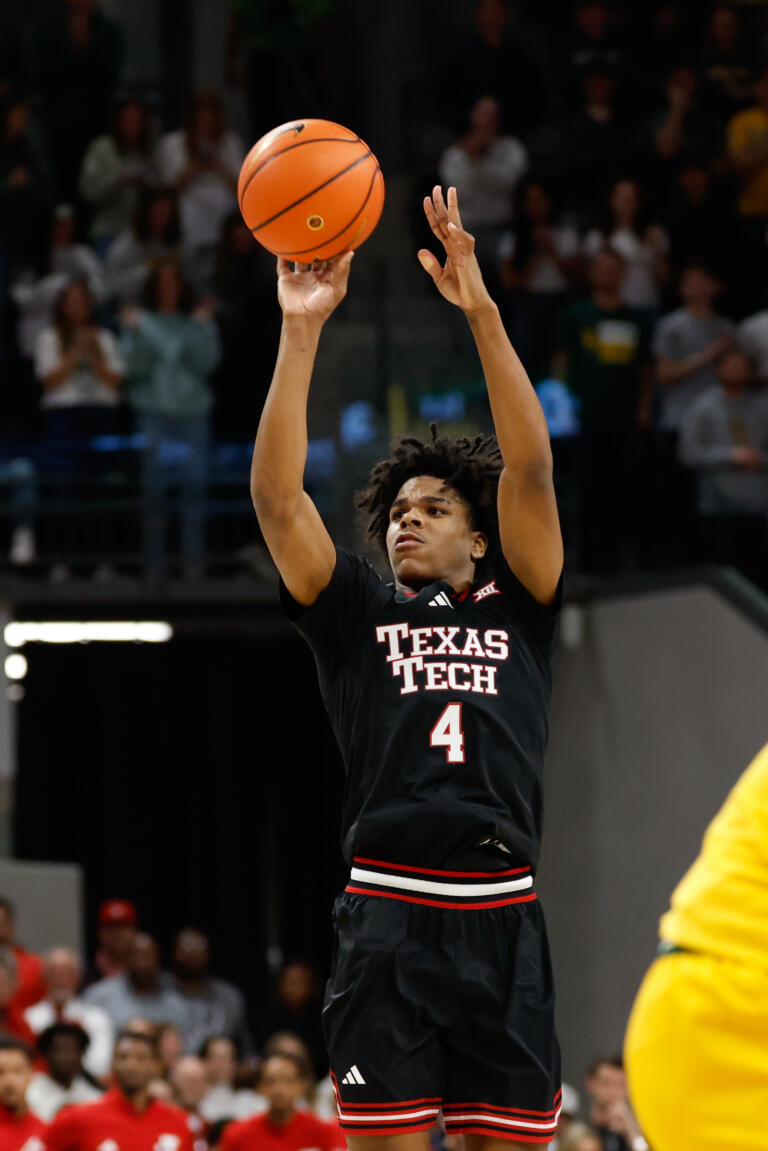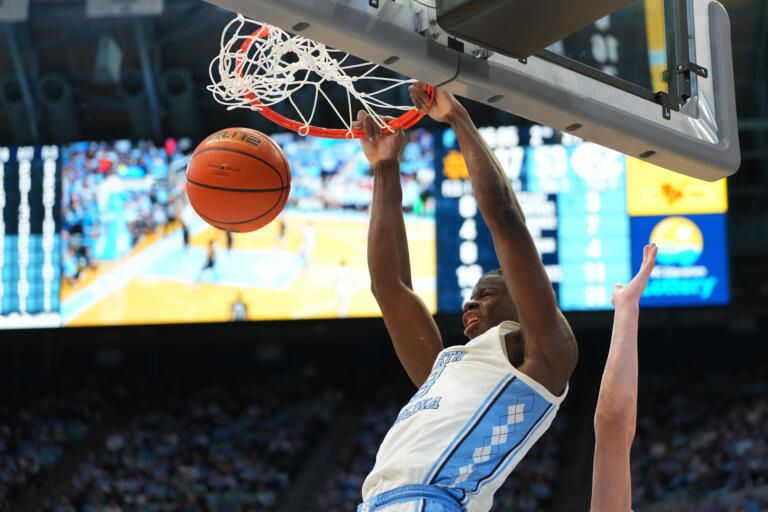Isn’t it something when a story not only captivates the heart but also marks a historic moment in sports history? This is exactly the tale of Caitlin Clark and the NCAA women’s college basketball championship. While Clark may not be leaving college basketball with a national title in her hands, she, along with her peers, achieved something equally, if not more, remarkable. For the first time ever, the women’s championship game drew in more television viewers than the men’s. Let that sink in for a moment.
On a sunny Sunday afternoon, a whopping 18.9 million viewers tuned in to watch Iowa take on South Carolina, a figure that eclipsed the 14.8 million who watched the men’s final between UConn and Purdue the following night. This isn’t just a win; it’s a watershed moment for women’s sports. It shatters long-held beliefs about the popularity and commercial viability of women’s athletics, proving that the star power of players like Clark can captivate a national audience.
But why is this significant? Well, imagine the game of basketball as a thrilling novel. Each player’s career is a chapter, each game a page that contributes to the unfolding narrative. Caitlin Clark’s chapter is one of those that you’d highlight, bookmark, and come back to over and over again. Her performances on the court are the kind that makes you leap from your seat, the kind that inspires young girls to dream of dribbling and shooting their way to greatness.
The impact of this viewership milestone extends far beyond the hardwood of the basketball court. It’s a testament to the growing appeal and recognition of women’s sports. It sends a powerful message to broadcasters, sponsors, and the media at large about the value of investing in female athletes. Furthermore, it’s a beacon of progress, illuminating the path toward greater visibility, equality, and respect for women’s sports.
In a world where sports can reflect the broader dynamics of society, the surge in viewership for the women’s championship is a rallying cry for change. It challenges stereotypes, it pushes boundaries, and it lays down a gauntlet for the future. As we reflect on this momentous occasion, it’s not just about the numbers; it’s about what those numbers represent—the breaking of glass ceilings, the challenging of norms, and the celebration of female athletes’ incredible talent and dedication.
So, as we ponder the legacy of Caitlin Clark and her peers, it’s clear they’ve scored far more than just points on a basketball court. They’ve changed the game, and perhaps, the very fabric of sports culture. As we look to the future, one question remains: How will we continue to support and elevate women’s sports to new heights?








